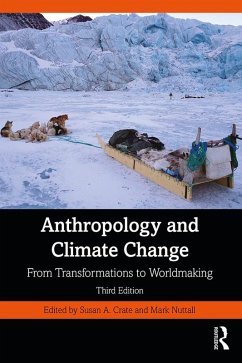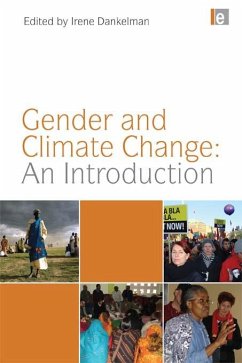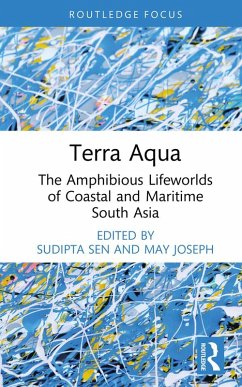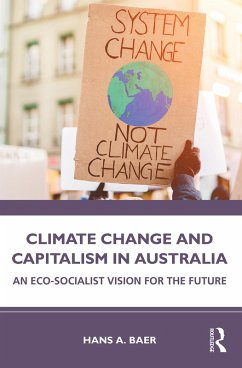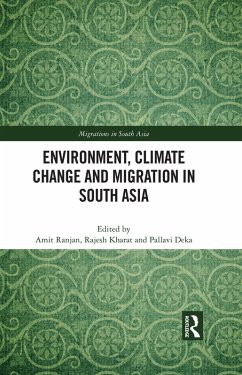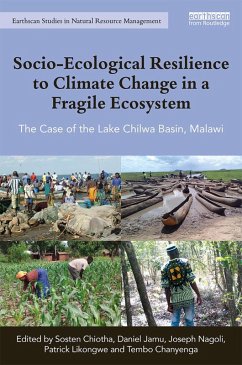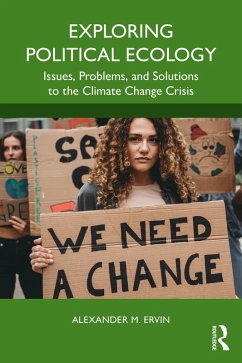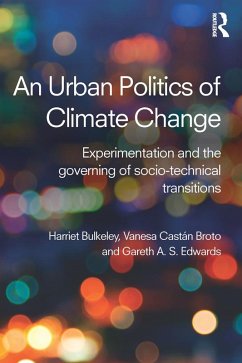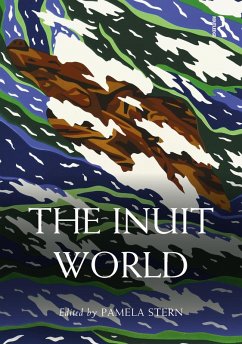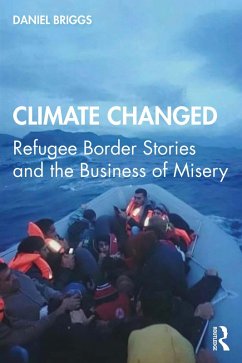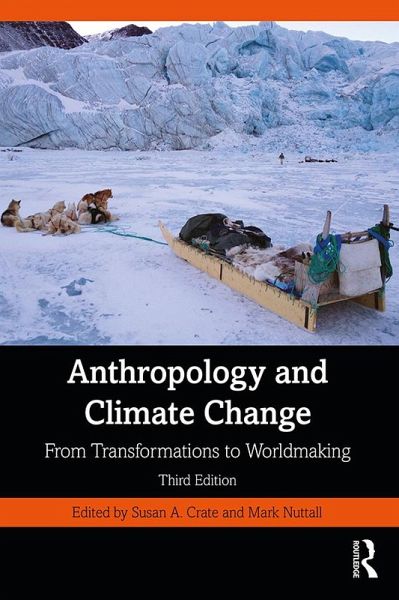
Anthropology and Climate Change (eBook, ePUB)
From Transformations to Worldmaking
Redaktion: Crate, Susan A.; Nuttall, Mark
Versandkostenfrei!
Sofort per Download lieferbar
39,95 €
inkl. MwSt.
Weitere Ausgaben:

PAYBACK Punkte
20 °P sammeln!
In this third edition of Anthropology and Climate Change, Susan Crate and Mark Nuttall offer a collection of chapters that examine how anthropologists work on climate change issues with their collaborators, both in academic research and practicing contexts, and discuss new developments in contributions to policy and adaptation at different scales. Building on the first edition's pioneering focus on anthropology's burgeoning contribution to climate change research, policy, and action, as well as the second edition's focus on transformations and new directions for anthropological work on climate...
In this third edition of Anthropology and Climate Change, Susan Crate and Mark Nuttall offer a collection of chapters that examine how anthropologists work on climate change issues with their collaborators, both in academic research and practicing contexts, and discuss new developments in contributions to policy and adaptation at different scales. Building on the first edition's pioneering focus on anthropology's burgeoning contribution to climate change research, policy, and action, as well as the second edition's focus on transformations and new directions for anthropological work on climate change, this new edition reveals the extent to which anthropologists' contributions are considered to be critical by climate scientists, policymakers, affected communities, and other rights-holders. Drawing on a range of ethnographic and policy issues, this book highlights the work of anthropologists in the full range of contexts - as scholars, educators, and practitioners from academic institutions to government bodies, international science agencies and foundations, working in interdisciplinary research teams and with community research partners.
The contributions to this new edition showcase important new academic research, as well as applied and practicing approaches. They emphasize human agency in the archaeological record, the rapid development in the last decade of community-based and community-driven research and disaster research; provide rich ethnographic insight into worldmaking practices, interventions, and collaborations; and discuss how, and in what ways, anthropologists work in policy areas and engage with regional and global assessments.
This new edition is essential for established scholars and for students in anthropology and a range of other disciplines, including environmental studies, as well as for practitioners who engage with anthropological studies of climate change in their work.
The contributions to this new edition showcase important new academic research, as well as applied and practicing approaches. They emphasize human agency in the archaeological record, the rapid development in the last decade of community-based and community-driven research and disaster research; provide rich ethnographic insight into worldmaking practices, interventions, and collaborations; and discuss how, and in what ways, anthropologists work in policy areas and engage with regional and global assessments.
This new edition is essential for established scholars and for students in anthropology and a range of other disciplines, including environmental studies, as well as for practitioners who engage with anthropological studies of climate change in their work.
Dieser Download kann aus rechtlichen Gründen nur mit Rechnungsadresse in A, B, BG, CY, CZ, D, DK, EW, E, FIN, F, GR, HR, H, IRL, I, LT, L, LR, M, NL, PL, P, R, S, SLO, SK ausgeliefert werden.




